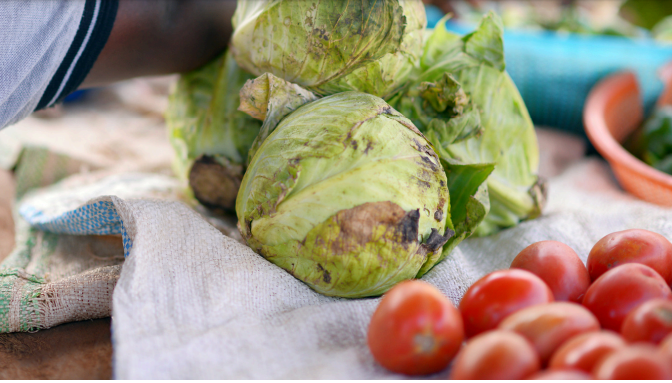Financial Inclusion and Livelihood Development
Building an Inclusive Rural Economy
Over 87% of rural women are excluded from financial services, majority of whom (62%) are youth females below 36 years. Over 13.3% of youths are unemployed and those who are employed are highly likely to be underemployed, in precarious and non-rewarding work, or in jobs that cannot offer decent incomes. 83.5% of the Ugandan population aged between 15-29 work in informal jobs, and that figure is 10% higher for young women. There are several barriers for youths, especially young women, to access resources and services to improve their livelihoods including the perception that financial services expensive, illiteracy, social constraints among others. Despite having brilliant entrepreneurship ideas, there are limited doors to opportunity and knowledge about existing youths and women support programs.



The opportunities to empower youths especially young women are available, but many are inaccessible and out of touch with reality and thus unable to solve young people’s issues. Many helper agencies including money lenders operate in a different frequency from that accessed by the majority of youth who have no access to technology, let alone read nor write.
Access to financial services plays a critical role in enhancing economic growth and reducing inequalities. Inclusive financial systems allow the rural poor to insure themselves against economic vulnerability, to save and borrow, to build their assets, invest and improve their livelihoods. YETU under this program focuses on establishing and strengthening youth savings and credit groups, mobilizing funds to build a credit pool and building the knowledge/skills of youths in entrepreneurship, financial literacy, business/soft skills and other work readiness skills.
Through the program, YETU aims to create communities where all people of working
age have access to quality financial services, provided at affordable prices, in a convenient manner, and with dignity. The program also seeks to sustainably increase the access to and utilization of affordable financial services by the rural youth. Because youth do not have any assets to act as collateral for loans, YETU uses the coguaranteeing method were youth are in collectives to support one another. The collectives are then mentored into savings groups as the incomes from youths’businesses grow. As the groups grow and increase their savings portfolio, they are linked to the formal sector where they can access advanced financial services.
“Financial inclusion isn’t just access—it’s empowerment.
When rural communities can save, invest, and grow, they
build economies from the ground up.”
